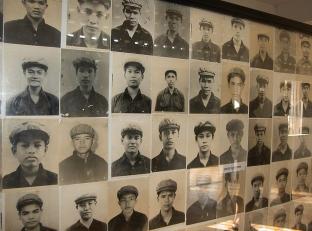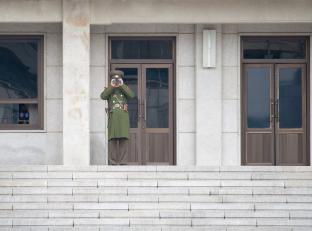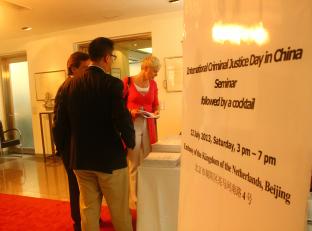Retired Australian judge Michael Kirby, the chairman of the three-member Commission of Inquiry, said Pyongyang had not directly replied to an invitation to participate in the commission hearings. The commission’s repeated requests for access included a formal written letter to North Korean leader Kim Jong Un, but it has had no direct response.
“Lacking direct access to the Democratic People’s Republic of Korea, we are still able to gather numerous first-hand accounts from people who have managed to leave the country in recent years,” Mr. Kirby said in a news release.
He reiterated the benefits Pyongyang would gain by cooperating.
"An ounce of evidence is worth a pound of many, many insults," Mr. Kirby said. "Those who criticize the commission should provide the evidence."
Established by the UN Human Rights Council in March this year, the Commission is tasked with investigating the “systematic, widespread and grave violations of human rights” in the DPRK in order to ensure full accountability, in particular for violations that may amount to crimes against humanity.
The inquiry has wrapped up five days of disturbing hearings in the South Korean capital Seoul - mostly testimony from North Korean defectors.
The panel members move next to Japan to address the issue of abductions of Japanese nationals by North Korea decades ago. The abductions remain a sharp issue in Japan and a point of tension between the two countries. Commission members also plan to collect witness testimony in Thailand, Britain and the United States.
North Korea, which strongly denies allegations of rights abuses, refused to recognise the UN body’s mission and barred it from visiting the country.
"The issue of the 'human rights' touted by the south Korean authorities…is a plot hatched by the U.S. and other hostile forces to justify their moves for hurting and stifling a sovereign state," Pyongyang's official Korean Central News Agency said.
Mr. Kirby stressed that the commission is conducting the inquiry with impartiality and with no preconceptions.
The Commission is scheduled to present an oral update to the UN Human Rights Council in September this year in Geneva, and to the UN General Assembly in New York in October. A final written report will be submitted to the Human Rights Council next March.
Kirby said he expected the UN to act on any recommendations the commission might make. Many North Korean defectors hope that the United Nations Security Council will ask the International Criminal Court to indict North Korean leaders for crimes against humanity.
“We hope their brave decision to testify will raise the international profile of the human rights situation in North Korea – not just with a general global audience, but also among the member states of the United Nations,” he added in a statement issued by the UN human rights Office.
Story Sources: United Nations and the New York Times.
Read more about this story here, here and here.
Image: A North Korean soldier keeps watch over the demilitarized zone betwee both countries with his binoculars.
Source: Thomas Bougher Flickr



